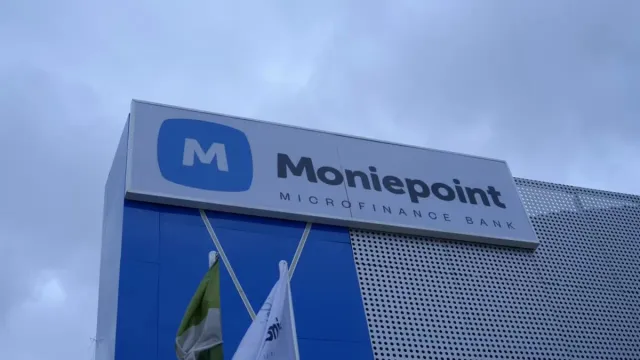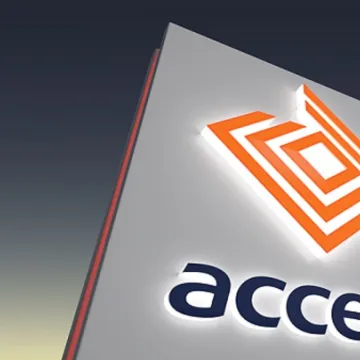Why Moniepoint used buy-in plan to enter Kenya’s fintech sector

For Nigeria-based Moniepoint, the acquisition of Sumac Microfinance Bank is part of a broad plan that could see it get a share of Kenya’s booming mobile payments and digital finance ecosystem, which is currently valued at a staggering KES8.7 trillion business.
Nigerian-based fintech Moniepoint has secured regulatory approval from the Competition Authority of Kenya (CAK) to acquire a 78 percent stake in Sumac Microfinance Bank, offering the company a key entry point into Kenya's growing mobile money industry.
This deal marks Moniepoint’s second attempt into Kenya’s tightly regulated financial services sector and signals a shift in how fintechs are expanding across borders—by acquiring existing players rather than building from scratch.
The transaction, which still awaits final clearance from the Central Bank of Kenya (CBK), comes barely five months after Moniepoint’s earlier bid to acquire local payments firm KopoKopo fell through.
That deal, initially approved by CAK in August 2024, was expected to give the Nigerian fintech a critical base in Kenya’s small business credit and digital payments ecosystem. However, the acquisition collapsed under unclear circumstances, prompting Moniepoint to look elsewhere.
This time, the target is Sumac Microfinance Bank— is a mid-tier lender with roots in the country's small and medium enterprise (SME) segment.
Established in 2002 as an informal investment group before transitioning into a licensed microfinance bank in 2012, Sumac has built a niche by serving entrepreneurs and small businesses that are often overlooked by the mainstream banking system.
As of the latest figures, the microlender holds assets worth KES1.05 billion and is managing just over 43,800 active loan accounts, making it a key player in Kenya’s microfinance segment where it enjoys an estimated 2.8 percent market share.
According to CAK, the acquisition raised no red flags related to public interest. “There will be no employment loss, and all the current employees will be retained under current terms,” the regulator said in its update on Monday, adding that it had approved the acquisition unconditionally.
For Nigeria's Moniepoint, this acquisition is part of a broad plan that could see it get a share of Kenya’s booming mobile payments and digital finance ecosystem, which is currently valued at a staggering KES8.7 trillion business.
At the moment, Kenya remains one of Africa’s most advanced digital finance markets, with mobile platforms such as Safaricom Plc's M-PESA serving as the backbone of everything from personal remittances, loans, savings, insurance, business transactions, and government disbursements.
By acquiring a licensed microfinance bank, Moniepoint appears well positioned to bypass the bureaucratic and often lengthy process of acquiring a new licence from the CBK for players in the industry.
What's more, the company will gain immediate access to Kenya’s formal banking infrastructure, a customer base, and a regulatory-compliant platform upon which it can layer its proprietary digital products and services at scale.
This approach has become increasingly popular among foreign fintechs seeking rapid market penetration across the continent, where regulations around banking and digital finance are becoming more complex and enforcement more stringent.
Founded in 2015 by Tosin Eniolorunda and Felix Ike, Moniepoint has grown to become one of Nigeria’s most successful fintechs. Registered in the US but headquartered in Nigeria, the firm has a growing international footprint, including a presence in the UK.
However, it has yet to establish operations in Kenya, a vibrant market that is often seen as the hot bed of ideas on Africa’s fintech revolution.
Sumac’s product and servive portfolio, which includes SME loans, forex services, and money transfers, aligns with Moniepoint’s broad plan of supporting underserved small businesses with accessible financial services.
With the new backing, microlender Sumac could soon benefit from expanded digital offerings, a broader network, and deeper pools of capital to serve its increasing customer base.
The acquisition also points to a new wave of African fintech industry where cross-border expansion is increasingly achieved through mergers and acquisitions rather than organic growth alone.





